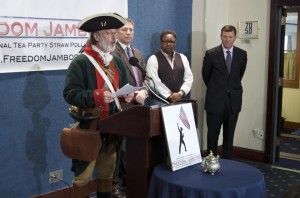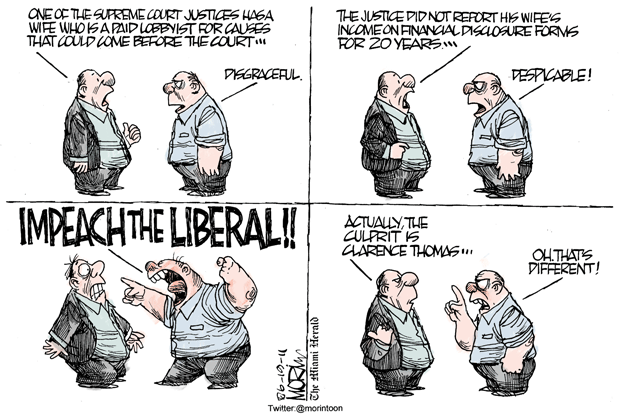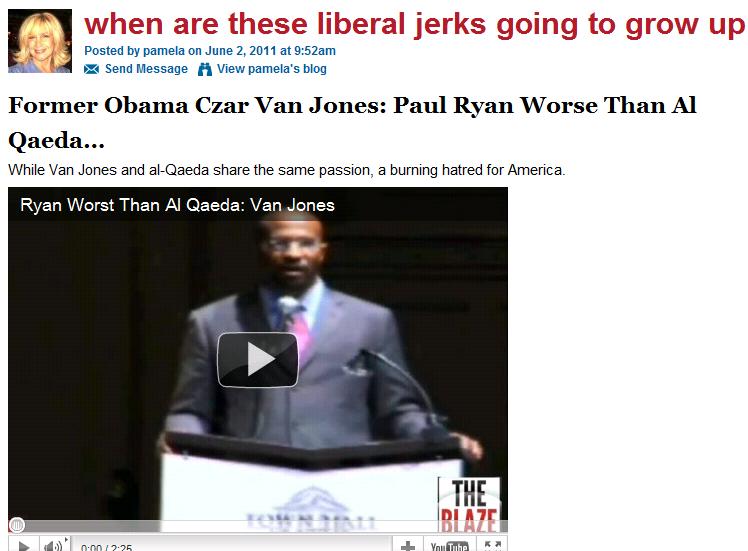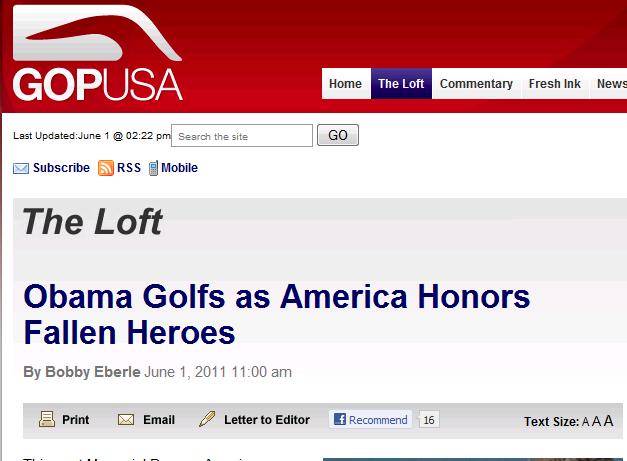I’ve had people requesting me to post more economics-type stuff for a while now and I think it’s time to get to work on it. I’ve had trouble thinking of exactly what would fall under that category as I would define it, but I keep getting more requests, implying I have a definition. The easiest way out of this is to start by taking a look at what we don’t want.
We’ll start with this piece where Brad DeLong contemplates whether or not he and his peers “understand what was going on.”
Here is the most interesting part of [Larry] Summers’ long answer: “There is a lot in [Walter] Bagehot that is about the crisis we just went through. There is more in [Hyman] Minsky, and perhaps more still in [Charles] Kindleberger.†That may sound obscure to a non-economist, but it was a devastating indictment….Asked to name where to turn to understand what was going on in 2008, Summers cited three dead men, a book written 33 years ago, and another written the century before last.
The first problem is asking that question of one of the people most responsible for the present mess and a number of others over the past few decades. Putting that aside for a moment, DeLong gave a strange introduction to one of the three:
Minsky (1919-1996) is best approached not through his collected essays, entitled Can “It†Happen Again?, but rather through the use Kindleberger (1910-2003) made of his work in his 1978 book Manias, Panics, and Crashes: A History of Financial Crises.
Having read some of Minsky’s work, this caught my attention. I get the sense that he doesn’t want the “non-economist” to get the wrong impression. He goes out of his way to avoid mentioning Minsky’s other works and steers us around the one he will name. Here’s a clue as to why he keeps his distance from Minsky’s Stabilizing an Unstable Economy (don’t worry too much about the technical terms):
The Walrasian input to the neoclassical synthesis starts with a discussion of an abstract exchange (barter) economy: the analogue may be a village fair. Results are obtained by analyzing a model that does not allow for capital-intensive production, capital assets as we know them, and capitalist finance. Using an artificial construction of trading relations, the theory demonstrates that a decentralized market economy achieves a coherent result.
Standard economic theory then goes on to show that the property of coherence also carries through for an economy that produces, but only under heroic assumptions about the nature of capital and time….The theory is set up in such a way that any deviation from the labor supply-labor demand equality will be removed by market interactions; that is, the theory holds that full employment is achieved by means of the internal operations of the economy. The theory does not explain, however, how any initial deviation is brought about: unemployment as the result of economic processes is unexplained.
The neoclassical synthesis (mainly the work of Paul Samuelson) has been the foundation of standard economic theory for over fifty years. It has been modified in various ways, but has retained this same theoretical core. The degree to which it has remained unchanged is striking, as we can see by looking at what Brad DeLong is teaching his students:
We neoclassical economists really do believe that markets are extraordinarily flexible, powerful, and adaptive social institutions. We believe that they recover from shocks. We believe that if something goes wrong with the market system and it finds itself out of equilibrium with substantial excess demands or excess supplies, that it will right itself and crawl its way back to supply-demand equilibrium quickly.
It might not fix itself as quickly as we would wish. We might well want to have the helping hand of the government pushing it back to equilibrium. But the idea is that a period of high unemployment with lots of people who want jobs and could do jobs and do not have jobs not fixing itself–that a period of fifteen months after the downturn ends with no sign of any return toward equilibrium in the labor market–that is very distressing for us neoclassical economists.
No wonder he advised looking elsewhere to “understand” what is wrong with standard economic theory. But I shouldn’t single DeLong out, Paul Krugman has also vigorously (if dishonestly) defended the same thing. Shifting from the media and classrooms to policy advisers, Christina Romer was ahead of the game in obsessing about balanced budgets for their own sake as she celebrated the “great moderation” (an equilibrium concept) right before the crisis hit. Returning to Larry Summers, he was once quoted as saying, “Spread the truth–the laws of economics are like the laws of engineering. One set of laws works everywhere.â€Â He has spent plenty of time in positions of power engineering his surroundings to fit this view. I could go on (and probably will in the future) but it should be clear that this will not do.
There are many alternatives, but some work is inevitably involved if we’re going to get rid of this destructive ideology. L. Randall Wray (one of Minsky’s PhD students) is going to be giving free online classes on his university department’s blog starting soon. You could do worse than following those and David Harvey’s lectures on Marx’s Capital (also free online). The former will cover a number of issues that are currently coming up in the media like government deficits and the financial system and the latter will help you sit back and appreciate a much broader perspective than the term “economics” tends to imply. That should get anyone off to a good start without even having to buy a textbook. Where to go from there should come to you pretty naturally.












